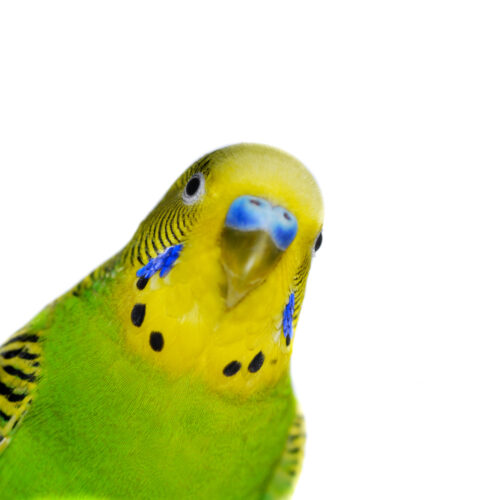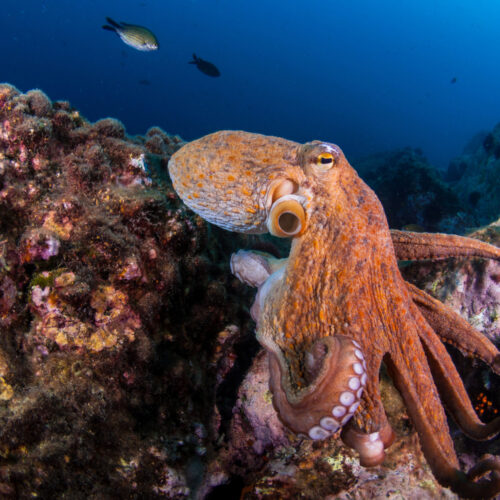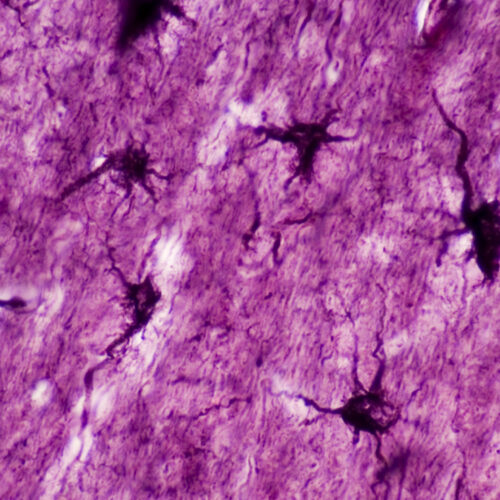Fruit flies can be made to act like miniature robots
Even the tiniest of living things are capable of some amazing forms of locomotion, and some come with highly sophisticated sensor suites and manage to source their energy from the environment. Attempts to approach this sort of flexibility with robotics have taken two forms. One involves making tiny robots modeled on animal behavior. The other involves converting a living creature into a robot. So far, either approach has involved giving up a lot. You're either only implementing a few of life's features in the robot or shutting off most of life's features when taking over an insect.
But a team of researchers at Harvard has recognized that there are some behaviors that are so instinctual that it's possible to induce animals to act as if they were robotic. Or mostly robotic, at least—the fruit flies the researchers used would occasionally go their own way, despite strong inducements to stay with the program.
Smell the light
The first bit of behavior involved Drosophila's response to moving visual stimuli. If placed in an area where the fly would see a visual pattern that rotates from left to right, the fly will turn to the right in an attempt to keep the pattern stable. This allowed a projector system to "steer" the flies as they walked across an enclosure (despite their names, fruit flies tend to spend a lot of their time walking). By rotating the pattern back and forth, the researchers could steer the flies between two locations in the enclosure with about 94 percent accuracy.


© arlindo71





